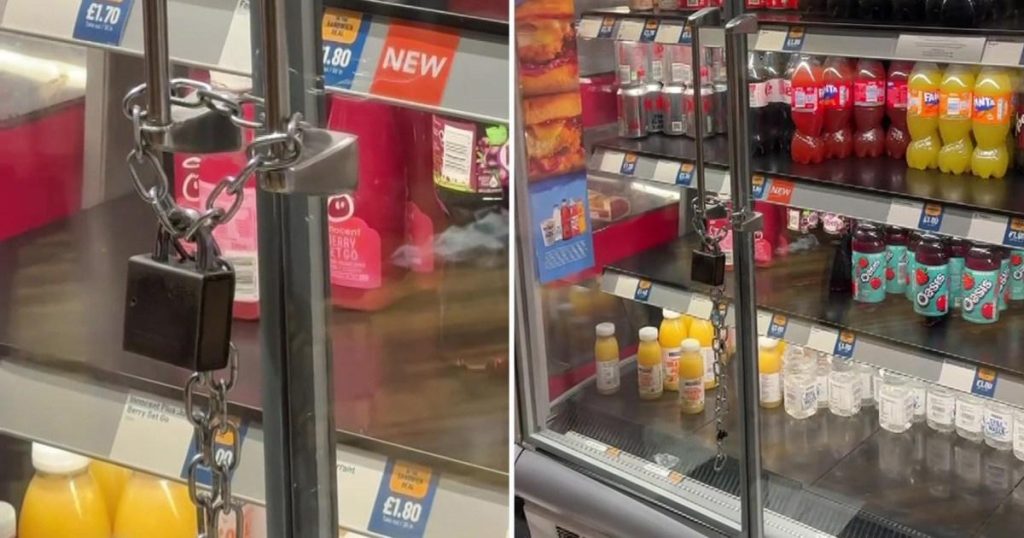The Rise of Retail Theft and Greggs’ Defensive Measures
The pervasive issue of shoplifting has plagued businesses across various sectors, and Greggs, the beloved British bakery chain, has found itself squarely in the crosshairs. A recent surge in thefts has forced the company to implement stringent security measures, including padlocking refrigerated display cases and employing security personnel. These actions underscore the escalating problem of retail crime and the lengths to which businesses must go to protect their inventory and staff. The situation at Greggs serves as a microcosm of the broader challenges facing retailers in an environment of increasing opportunistic theft.
Reports of brazen shoplifting incidents at Greggs locations across London have highlighted the audacity and frequency of these crimes. Witnesses describe teenagers nonchalantly stuffing sandwiches into their pockets and strolling out of stores, while others recount individuals walking away with entire meal deals without a second glance. The seeming impunity with which these thefts are carried out suggests a growing comfort level among perpetrators, who exploit the busy nature of these establishments to blend in and escape unnoticed. The ease with which these thefts occur underscores the vulnerability of retailers and the challenges of maintaining security in high-traffic environments.
The escalating problem of shoplifting has prompted Greggs to adopt a multi-pronged approach to security. Padlocking refrigerated cabinets containing drinks is a visible deterrent, signifying the company’s commitment to protecting its merchandise. This measure, though perhaps inconvenient for customers, serves as a potent reminder of the ongoing issue of theft. Beyond physical security measures, Greggs has also invested in personnel, hiring security guards at flagship stores and equipping staff with body-worn cameras. These measures aim to enhance surveillance, deter potential thieves, and provide evidence in the event of an incident.
The challenges faced by Greggs are not unique; they reflect a broader trend of increasing retail theft across various sectors. Supermarkets have resorted to locking up high-value items like steak and alcohol, while mobile phone shops have become frequent targets of robberies. These incidents point to a complex issue with multiple contributing factors, including economic hardship, organized crime, and a perceived lack of consequences for offenders. The rising cost of living and the increasing prevalence of organized retail crime networks exacerbate the problem, forcing businesses to invest heavily in security measures that ultimately impact their bottom line.
The impact of shoplifting extends beyond mere financial losses for businesses. It creates a tense and uncomfortable environment for both staff and customers. Employees are forced to be constantly vigilant, impacting their ability to focus on customer service and potentially putting them at risk of confrontation. Customers may experience inconvenience due to increased security measures, such as locked cabinets or longer wait times. The overall shopping experience becomes less enjoyable, eroding the trust and goodwill between businesses and their patrons. The cumulative effect of these incidents contributes to a sense of unease and insecurity within the community.
The situation at Greggs underscores the urgent need for a comprehensive approach to addressing retail theft. This includes strengthening law enforcement efforts, implementing more effective crime prevention strategies, and addressing the underlying social and economic factors that contribute to this behavior. Retailers, law enforcement agencies, and community stakeholders must collaborate to create a safer and more secure environment for businesses and consumers alike. The long-term solution lies in a multifaceted approach that tackles the root causes of shoplifting, promotes community engagement, and strengthens the criminal justice system’s response to these crimes.




